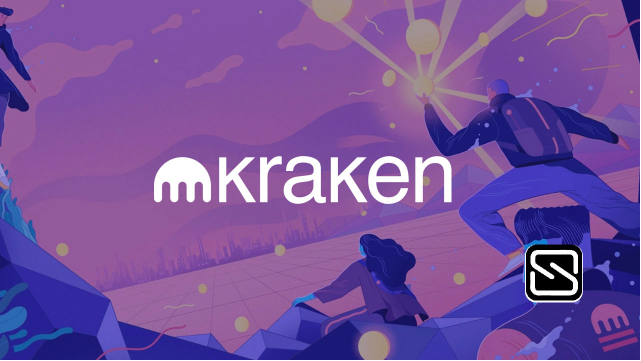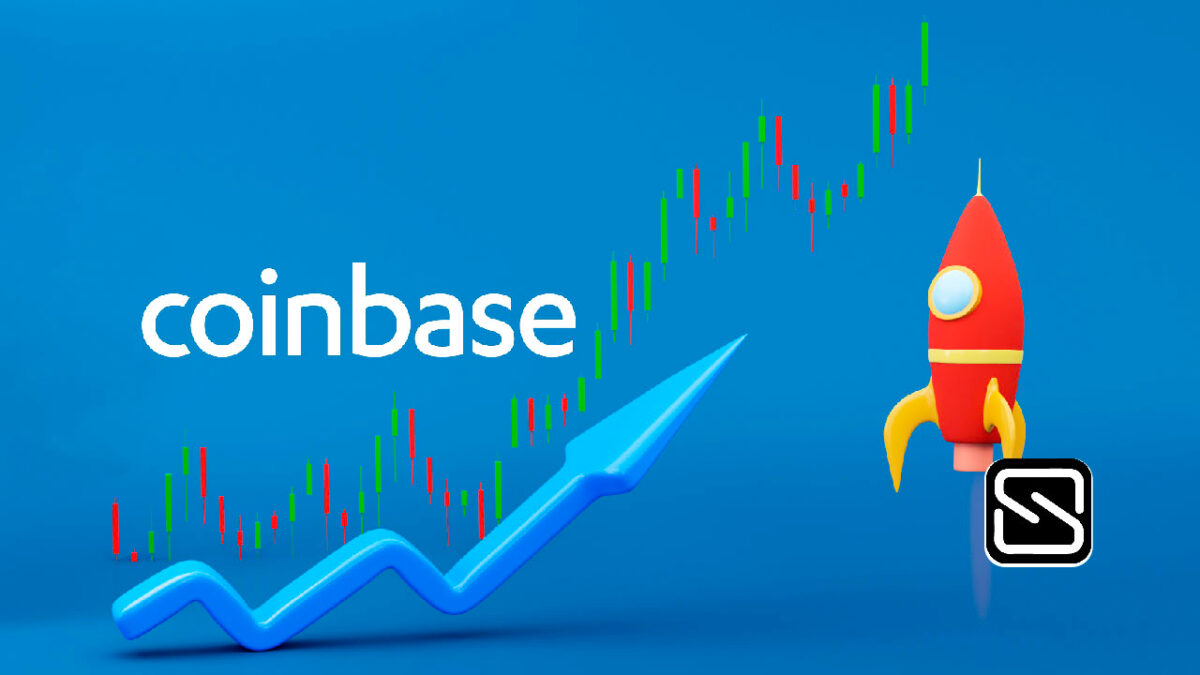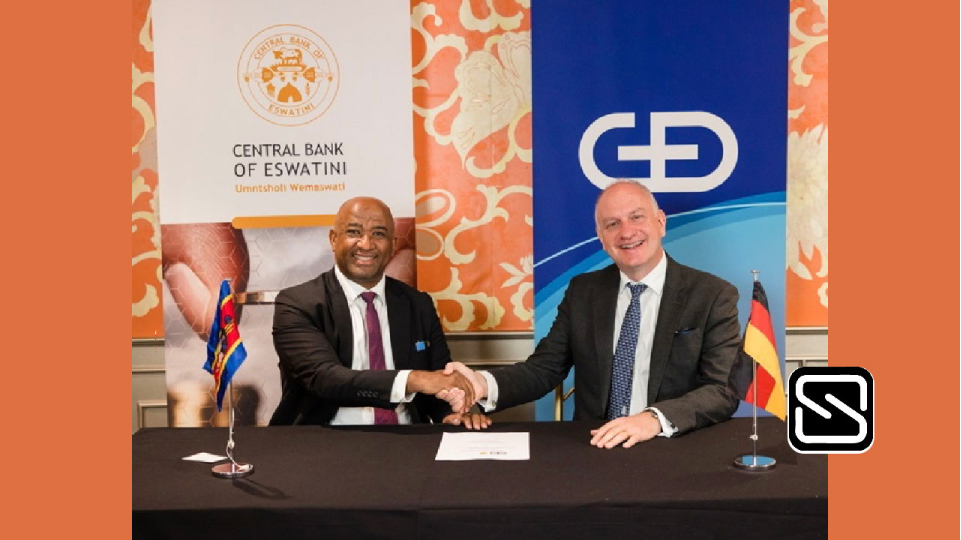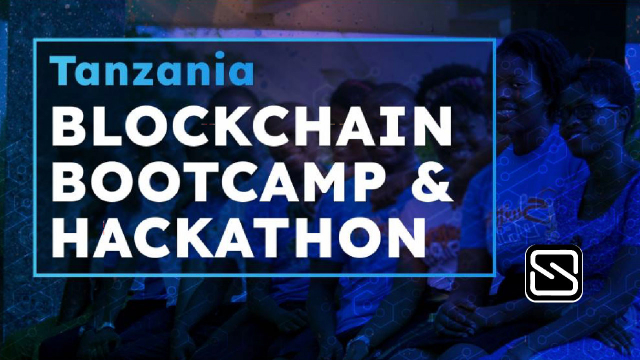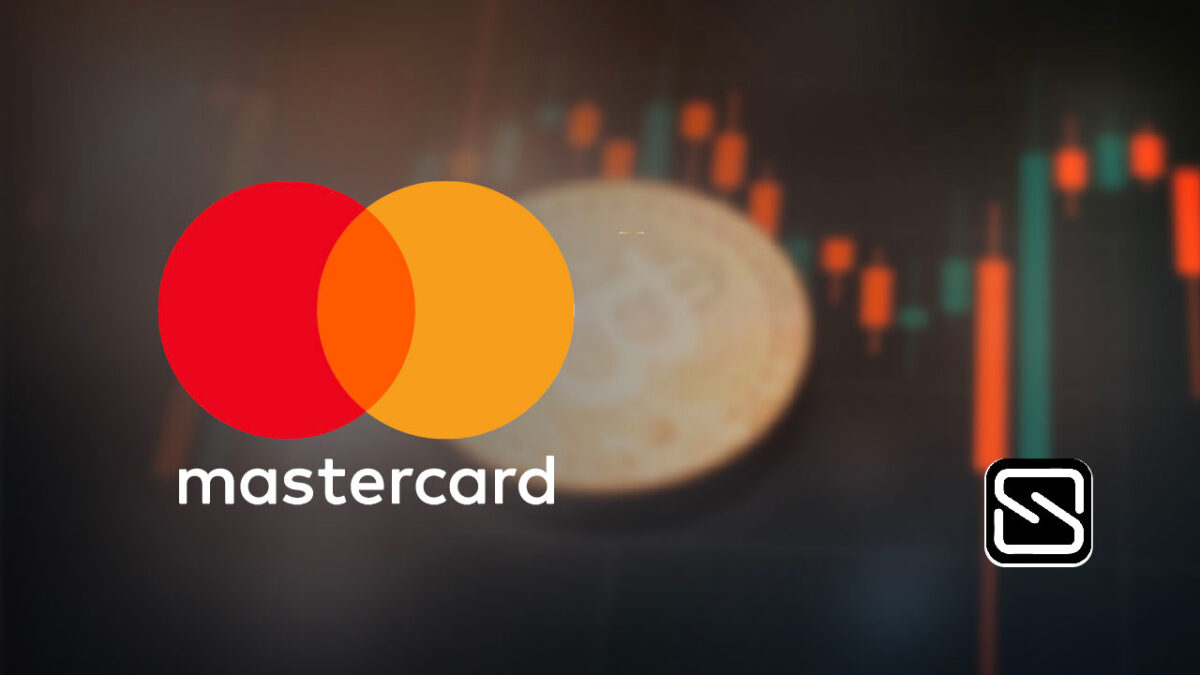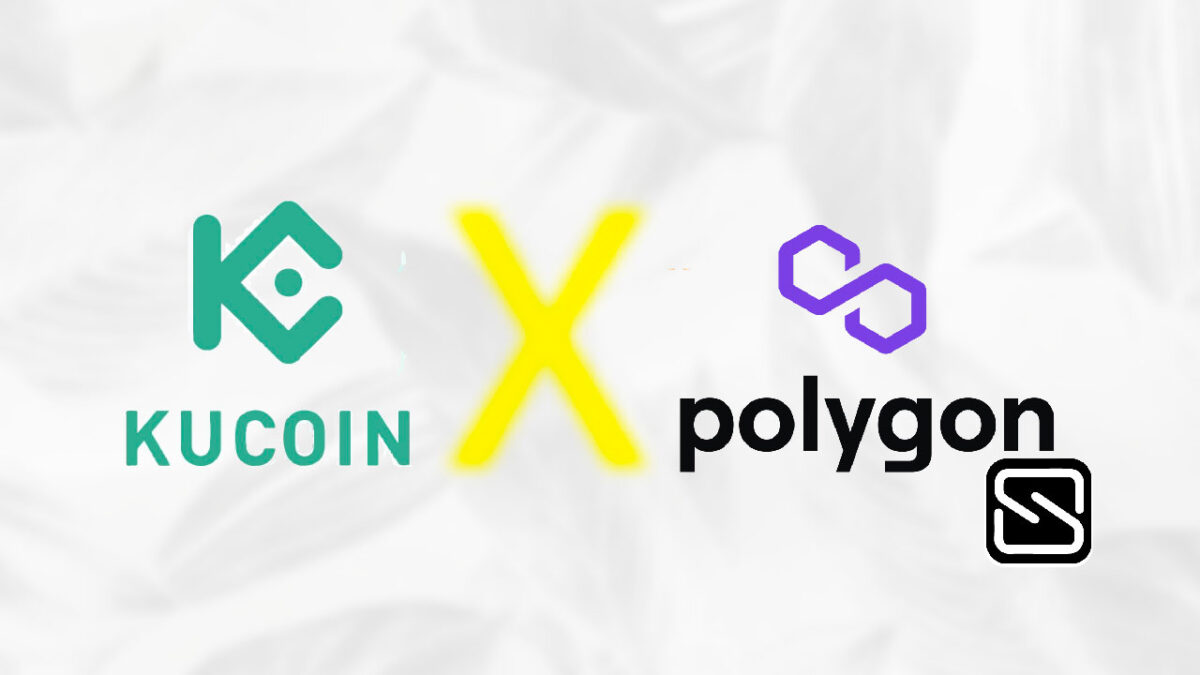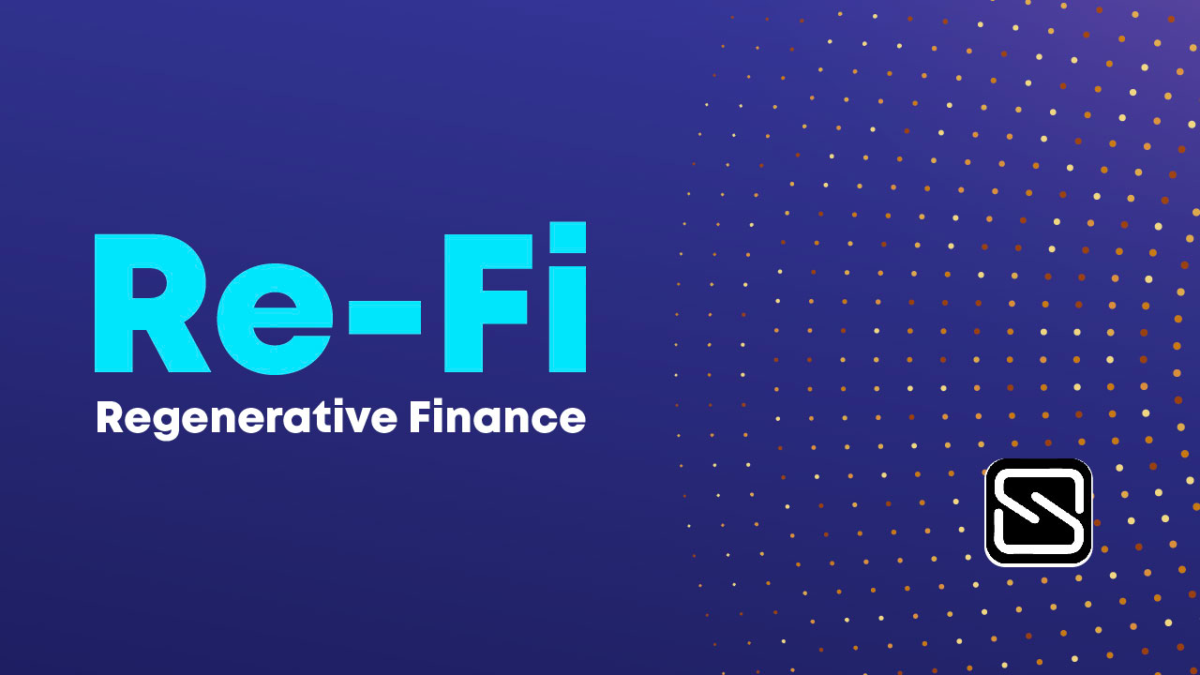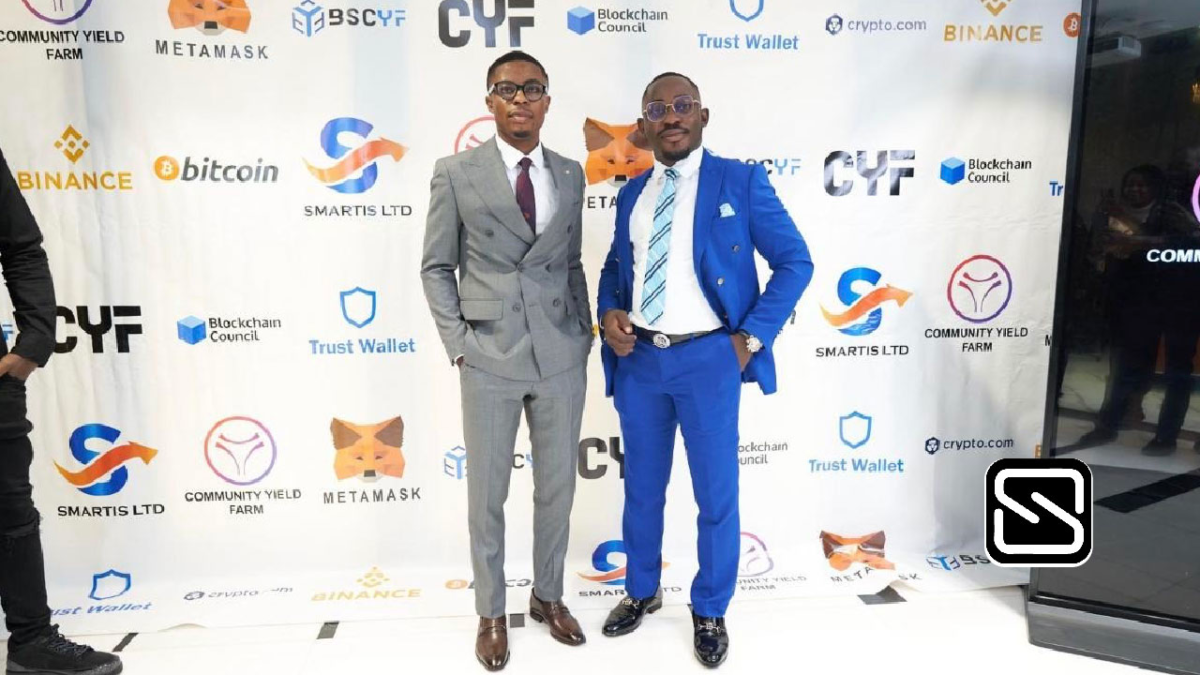Crypto exchange Kraken confirmed that it will be conforming to the European Union’s new sanctions package.
“Kraken complies with the legal and regulatory requirements in all jurisdictions that we operate in. Since the EU’s announcement, we have been working to make the changes needed to comply with the latest package of sanctions against Russia,” the Kraken spokesperson said.
The spokesperson did not comment on whether Russian users had been banned outright from the platform.
Kraken’s announcement comes after the EU put into play its newest sanctions package, aimed at punishing Russia for its aggression against Ukraine, on October 6.
The most recent sanctions enforce a complete embargo on all transfers made from the EU to Russia, in contrast to earlier penalties from the EU that only set a transaction limit of €10,000 ($9,800).
The ban comes as a wave of other crypto firms move to deny access to users in the country, joining Blockchain.com, Crypto.com, and Local Bitcoins who all announced they are set to shut access last week.
The news flies in the face of prior statements made by Kraken earlier this year, which said it would keep Russian accounts open, dubbing a ban unfair to average Russians who may oppose the war in Ukraine.
In March, former Kraken CEO and co-founder Jesse Powell told CNBC that denying Russian users their account access was “a pretty extreme measure” that is far beyond turning off someone’s access to their music streaming service, or their photo-sharing app.
Kraken is currently the fourth-largest crypto exchange in the world according to CoinGecko, recording around $356 million in trading volume in the last 24 hours.
